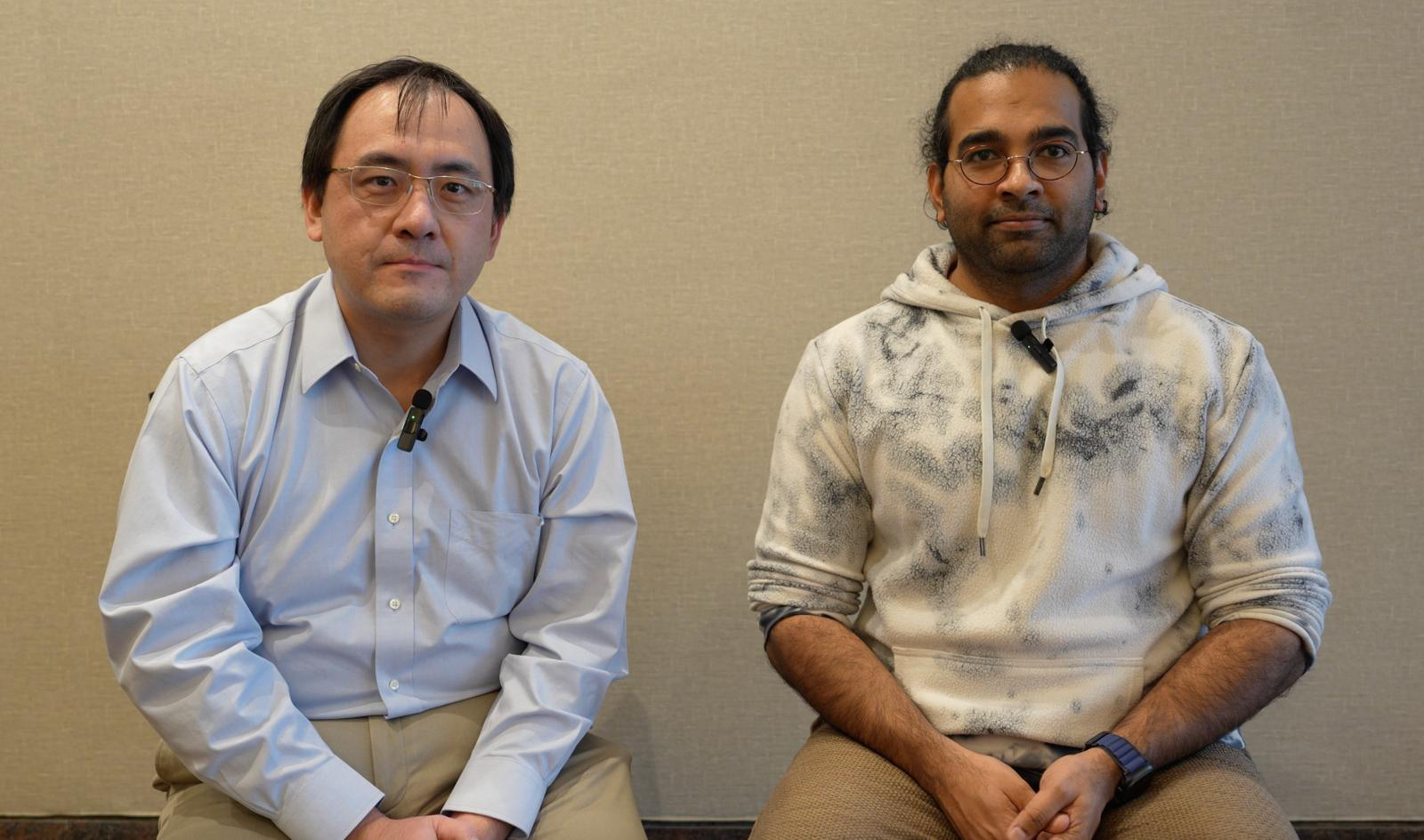Biostate AI Raises $12M to Build RNA-Based Foundation Model for Molecular Diagnostics
Biostate AI has raised $12 million in Series A funding to scale its RNA sequencing platform and train a general-purpose AI model capable of predicting disease and therapy response. The round was led by Accel with participation from Gaingels, Mana Ventures, InfoEdge Ventures, and others. It brings Biostate’s total funding to over $20 million.

Biostate AI founders: David Zhang and Ashwin Gopinath.
The company, founded by former professors David Zhang and Ashwin Gopinath, is building what it calls the world’s largest RNA sequencing dataset, serving as the molecular equivalent of large-scale internet corpora used to train language models. Its proprietary wetlab technologies, BIRT and PERD, enable RNAseq from both fresh and archival tissue at a fraction of the standard cost, reportedly allowing researchers to run 2–3 times more samples within current budgets.
Biostate’s Cloud Lab has processed over 10,000 samples from more than 150 institutions in the first two quarters since launch. The company reports signed agreements to process several hundred thousand additional unlabeled samples per year. Its platform applies a standardized workflow across sites to minimize batch effects and support model training on clinically labeled data.
See also: 13 Foundation Models: Startups, Industry Updates and the Nobel Prize
The AI is trained to identify expression signatures associated with disease onset, recurrence, and therapeutic response. Internal proof-of-concept studies include predicting leukemia recurrence before clinical symptoms emerge. The company is now expanding into oncology, autoimmune, and cardiovascular collaborations.
Topic: Biotech Ventures